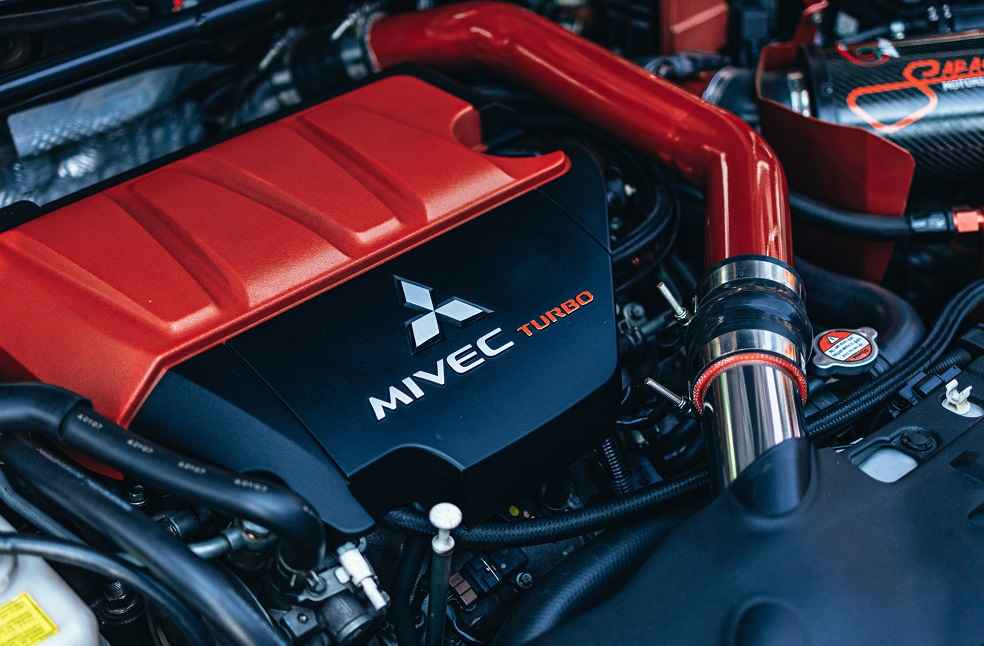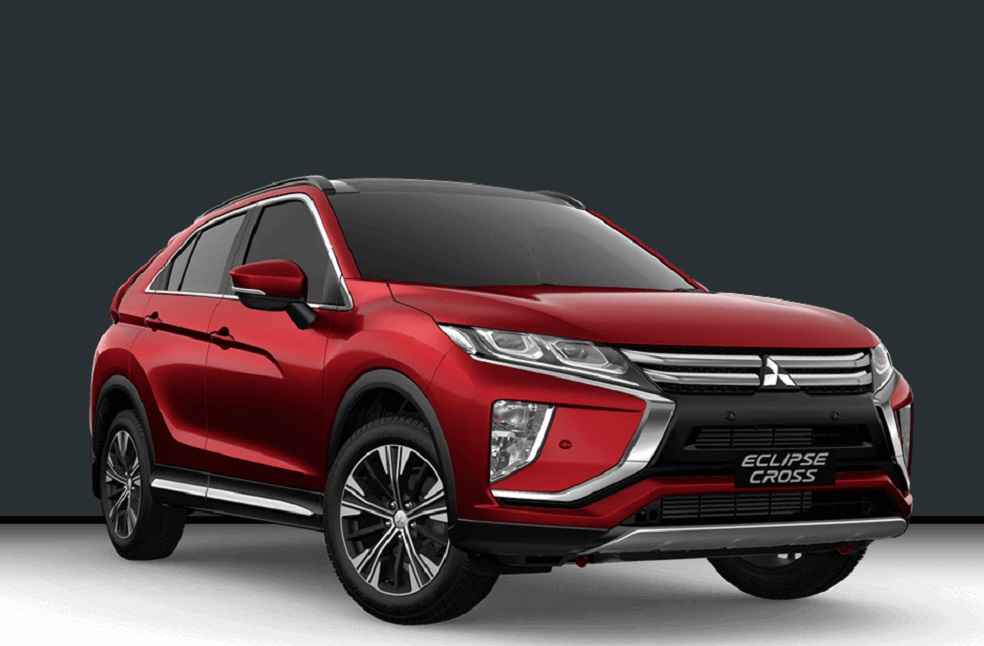Mitsubishi Motors Corp., the respected Japanese automaker, has officially declared a pause of its production activities on Chinese soil for an indefinite period. This significant decision arises in the face of ‘Domestic Automobile Competition,’ an uphill battle foreign carmakers find themselves embroiled in as they grapple with formidable competition from Chinese domestic brands.
The move follows Mitsubishi’s disappointing sales numbers of the newly launched petrol Outlander SUV and a troubling contraction of the Japanese brands’ market share within China. This data, provided by the China Passenger Car Association (CPCA), paints a stark picture of the challenges foreign automakers face.
Mitsubishi disclosed through an official announcement that it plans to reduce its workforce within China. This necessary measure comes at a time when the company is transitioning towards electric vehicles (EVs). Contrary to certain speculation, the company asserted its commitment to the Chinese market, stating it has no intentions of a full withdrawal.

A collaborative venture between Mitsubishi and Guangzhou Automobile Group (GAC) will experience structural modifications. Shareholders intend to scrutinize and amend management practices within China, focusing on workforce optimization. Mitsubishi stated, “Our commitment to China remains. We are merely adapting to its evolving automotive landscape.”
GAC shared similar sentiments, promising that shareholders would remain vigilant in safeguarding the rights and interests of employees during this challenging transition.
Over recent years, foreign brands have endured the slow but steady encroachment of their market share by local competitors. According to CPCA, Japanese brands’ market share witnessed a steep decline from 21.5% the previous year to a mere 17.8% in June this year.

Furthermore, Mitsubishi’s evolution towards electric vehicle production has been rather sluggish. The company is yet to introduce a pure electric vehicle. CPCA data reveals that the Changsha factory produced a paltry 3,367 vehicles within the first five months of this year, a stark 75% reduction from the previous year.
Commenting on this scenario, an analyst mentioned, “Foreign brands find their technological superiority eroding. Simultaneously, Chinese consumers are demonstrating a growing preference for domestic brands.”
Masahiro Moro, chief executive of rival Mazda, voiced a similar observation to the Financial Times, “The automotive market appears to be entering an era where survival and momentum are reserved for the strongest.”
Last fiscal year, Mitsubishi’s sales witnessed a concerning 41% dip year on year across China, Taiwan, and Hong Kong. This data underlines the sizable obstacles Mitsubishi confronts as it navigates these choppy industry waters. With production activities now halted, industry observers will closely monitor Mitsubishi’s subsequent actions, along with the broader struggle of foreign automakers within the rapidly changing Chinese automotive market.





